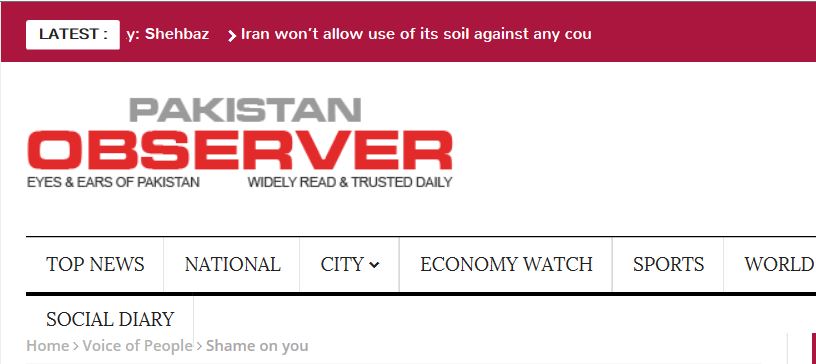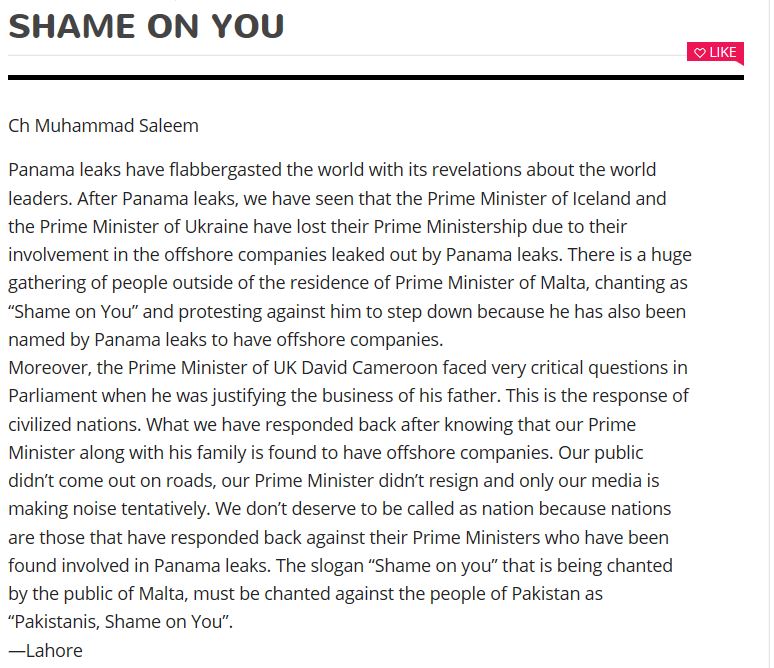‘Shame on you’ – Indian English
In the run-up to the protest demonstration last Sunday, I commented to a couple of people that I really hoped people were not going to turn up with embarrassing SHAME ON YOU posters because this time the photographs of the crowd, unlike the first time, were going to picked up by the world press as the Panama Papers scandal had since exploded globally, making this a world-interest story.
SHAME ON YOU is a classic ‘Indian English’ expression. The term is used to described the fossilised form of English, replete with archaic Victorian and pre-War expressions, still used in former colonies, the greatest number of speakers being on the Indian subcontinent. The English-language newspapers in these former colonies have a similar feel to them largely because the idiom they use – Indian English – is so different to that of the actual English-speaking world.
I made the point at the time that the reason Konrad Mizzi himself first used the expression on television in the electoral campaign (with Tonio Fenech), and the reason that Keith Schembri had college students chant SHAME ON YOU at Prime Minister Gonzi at the same time, is precisely because their English is so bad and non-idiomatic.
The Nationalist Party is using SHAME ON YOU billboards ironically in response to that, but people are not flashing the expression around ironically at all. To them, it is actually a valid and current expression and they actually think it is still part of the language. But it is totally archaic.
So I was a little amused this morning to see that it was the Pakistan Observer, of all newspapers in the world, which picked up on the SHAME ON YOU refrain used in Malta and ran with it. And I was glad to see that the placards and posters last Sunday said OUT – the universally recognised cipher for what people would like to do, in the main, with corrupt politicians.


